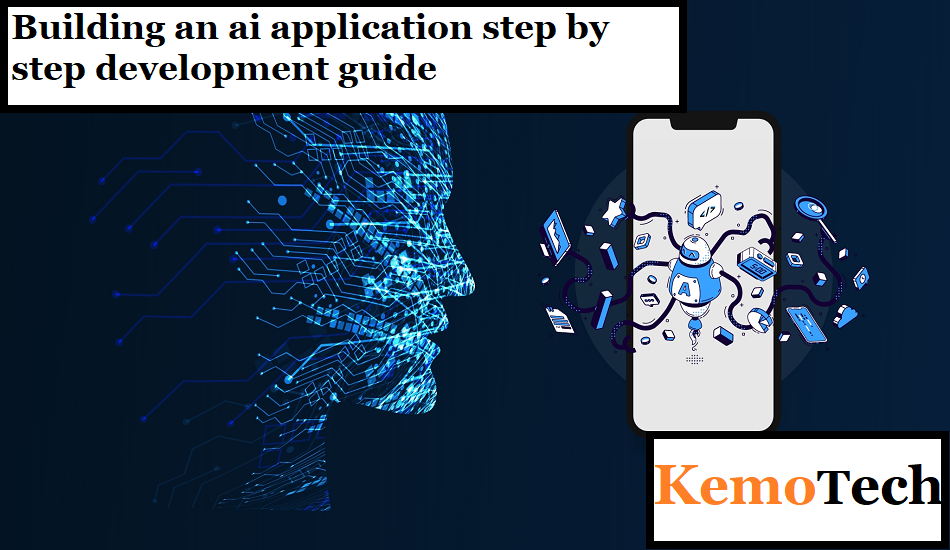There is an abundance of natural beauty and unique species in the world’s waters. But human actions like pollution overfishing and climate change are threatening ocean health. Despite these obstacles Conch AI is a ray of hope for ocean conservationists everywhere thanks to its innovative use of AI. We explore the origins main characteristics uses and revolutionary influence on marine ecosystems of Conch AI in this essay which delves into its complexities.
Origins and Mission:
Driven by a common passion for ocean conservation a committed group of data scientist’s marine biologist and IT enthusiasts created Conch AI. They established Conch AI with the goal of using AI to improve our oceans and the population that rely on them. They were motivated by the pressing need to preserve marine biodiversity and lessen the consequences of human activity.
Key Features and Technologies:
Advanced Data Analytics: At the core of Conch AI man-made intelligence lies a refined information examination stage fit for handling tremendous measures of oceanographic information continuously. By incorporating satellite symbolism, acoustic accounts, submerged sensors, and different wellsprings of sea information, Conch AI computer based intelligence gives important bits of knowledge into marine environments’ wellbeing and elements.
Machine Learning Algorithms: The most cutting edge Artificial Intelligence (AI) calculations are used by the Conch AI computer based intelligence to examine the complex occurrences and patterns included within the Oceanic content. The stage uses these calculations to accurately predict biological changes track the expansions of marine species detect illegal fishing and categorise them.
Customized Solutions: The capacity of Conch AI to customize solutions to the particular demands and issues of many stake holders in the oceanic conservation community it is one of the capabilities that sets it apart from other artificial intelligence systems. In order to facilitate informed decisions making and the creation of policies Conch AI produces individualized tools and apps. These tools and apps may be used? for fisheries management the design of oceanic protected areas or the planning of sustainable aquaculture.
Community Engagement: In recognition of the significance of enlisting local stakeholders in conservation initiatives Conch AI focuses a significant amount of emphasis on community involvement and on working together with other organizations. By forming relationships with governments non-governmental organizations (NGOs) research institutions, and coastal communities Conch AI strives to promote the sharing of information the development of capacity and the implementation of participatory decision making processes.
Applications in Ocean Conservation:

Oceanic Protected Area Management: The identification of priority conservation areas the evaluation of biodiversity hotspot and the monitoring of compliance with fishing laws are all important aspects of the design and management of oceanic protected areas which are most important for the protection of oceanic life. It improves the efficiency of oceanic conservation efforts by improving the design of oceanic protected areas and the techniques are used to enforce them.
Illegal Fishing Detection: Oceanic ecosystems and food security throughout the world are seriously endangered by IUU fishing which stands for illegal unreported, and unregulated fishing. In order to aid in the fight against IUU fishing Conch AI analyzes data from vessel monitoring systems and satellite images to spot suspect fishing activity locate illicit fishing boats and bolster enforcement operations.
Ecosystem Monitoring and Assessment: By constantly monitoring marine habitats and testing them for health and adaptability conch AI is changing the way we protect them. Analysis of characteristics such as species richness habitat integrity and water quality interventions and strategies actively implemented when ecosystem health detects small signs of change can thereby occur policy priorities that advance conservation efforts and ensure the long-term resilience of our oceans.
Climate Change Adaptation: Ocean acidification Coral bleaching sea level rise are just a few of the unique threats to marine ecosystems caused by climate change Climate change by how organisms respond to environmental tracking and mapping our environmental stressors to provide insight into adaptive management strategies helps to optimize.
Impact and Future Prospects: Conch AI’s influence goes well beyond technical advancement it includes real advantages for marine life coastal towns and environmental preservation on a worldwide scale. Conch AI drives progress towards international conservation objectives and sustainable development goals by equipping stakeholders with actionable information and tools catalyzing revolutionary change in ocean conservation.
In the future Conch AI has endless potential to transform ocean conservation. The more it develops and reaches more people the more it will encourage collaboration new ideas and collaborative action to protect the seas for the next generation.
Conclusion:
Conch AI is in the vanguard of a new age in ocean conservation one in which cooperation research and technology come together to tackle difficult problems and preserve oceanic biodiversity. Conch AI gives promise for a more resilient and sustainable future for our seas and the many animals that call them home by using artificial intelligence. Lets embrace Conch AI potential and cooperate to protect the sea’s marvels for future generations as we manage the uncertainties of the twenty first century.













